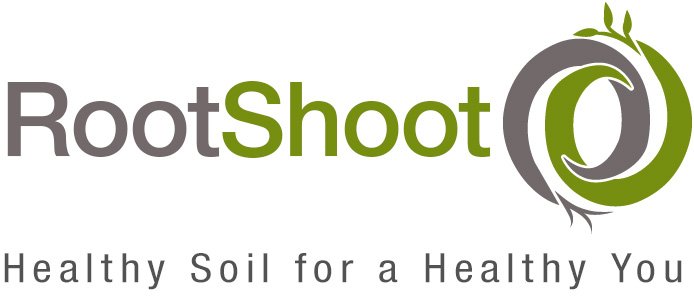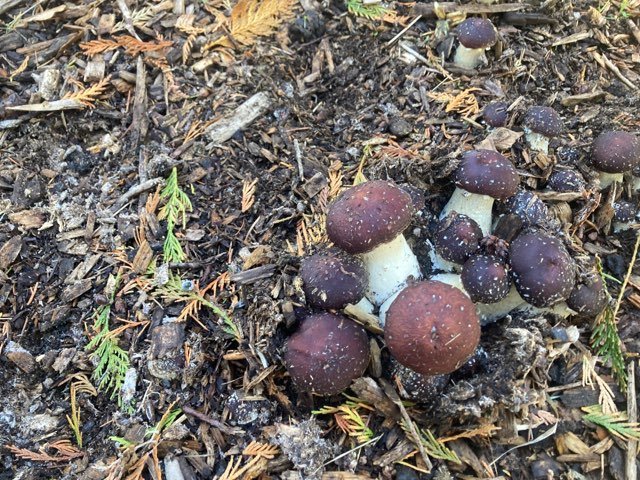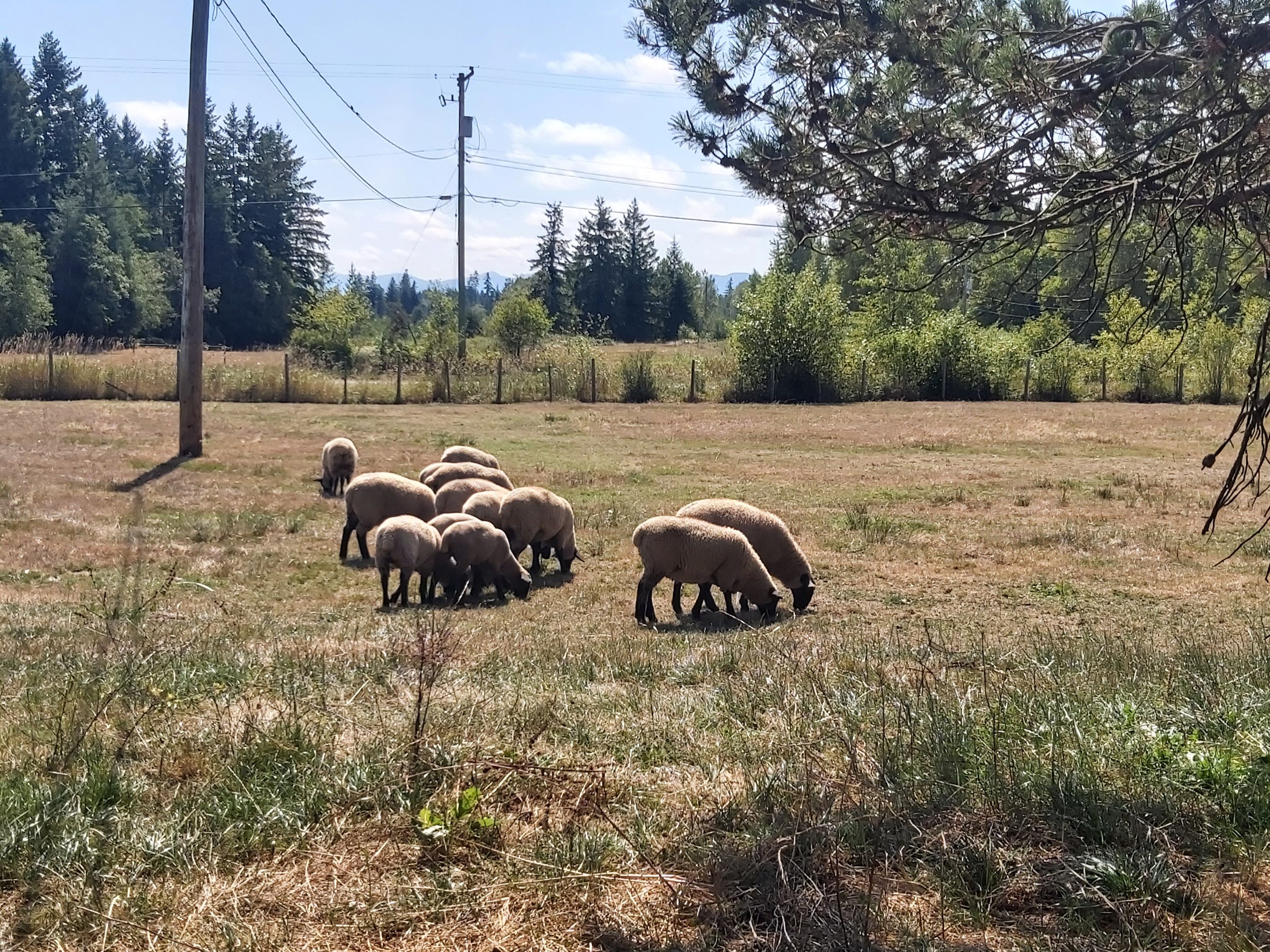“A handful of problems arise when you spend too much time thinking about your goals and not enough time designing your systems.”
Stonecroft Farm | Black Creek, British Columbia
Improve compost quality and crop yield using biological applications
This case study focuses on Glen and Kathy Beaton of Stonecroft Farm, who aimed to utilize biological liquid inoculants such as compost teas and extracts for improved crop yield. They embarked on a journey to optimize their composting process, acquired the proper equipment to grow and apply compost microorganisms and evaluated the impact on soil health and crop productivity over a long-term period (at least five years). Glen and Kathy have been composting their resources from their poultry processing since the mid-1990s.
-
December 2020 - Ongoing
-
poultry (heritage turkey, chicken), lamb, blueberries and grain
-
< 35 ac.
-
• Compaction causing poor drainage & infiltration
• Intense weed pressure from smartweed and cornspurry at the beginning of the growing season
• Management of on-site high-nitrogen resources from poultry processing
• Lack of biodiversity in compost material
• Higher ratio of plant-parasitic over non-plant parasitic nematodes in soil
-
Since early 2021, Stonecroft's efforts to improve compost quality and transform soil management practices have led to:
• Noticeable improvements in fall/winter cover crop performance, such as triticale and fall rye which helps set the stage for the following year's cash crop.
• Noticeable improvements in soil water infiltration. After many years of struggling with compaction, Glen noticed that his fields were finally able to absorb and distribute water evenly across the landscape, especially during intense winter downpours. No more duck migration!
• Reduced weed pressure from smartweed and cornspurry means reduced tractor use for managing them which can result in improved soil structure.
-
• Grain yield per acre is still low.
• Ideal = 2,500 - 3,000 lbs per acre.
• 2023 reports in one field = 1,500 lbs per acre.
• Persistent compaction in some fields.
-
Stonecroft Farm conducted various analyses to understand the impact of their ever-evolving soil management practices, including:
• Field observations
• Nematode Functional Group Assay by RootShoot Soils
• Plant tissue analysis to assess nutrient uptake by A&L Canada
• Soil chemistry testing to evaluate organic matter levels, pH and nutrient availability by A&L Canada
• Protein analysis of grain and legume by A&L Canada
Pond view
Triticale - cover crop - courtesy of Glen Beaton
Voluntary clover with nodules in compost
Garden giants in compost - courtesy of Glen Beaton
Improved water infiltration
Roaming outdoors
Baaah







